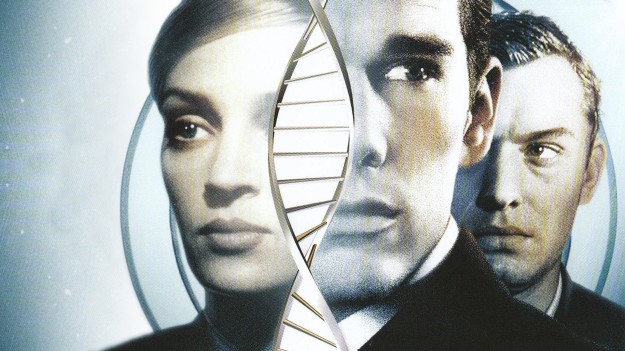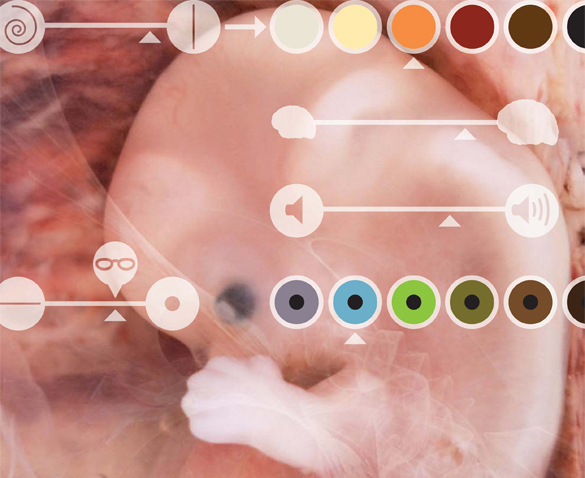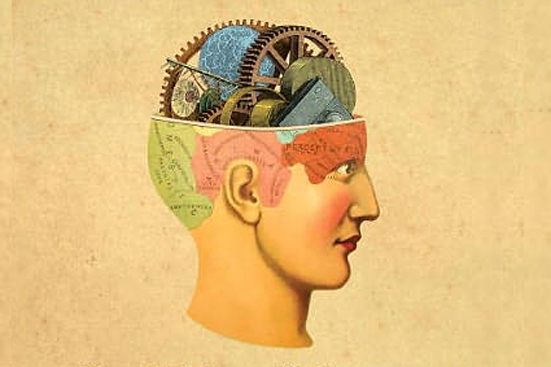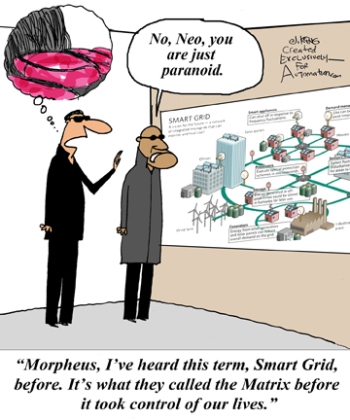Would you be comfortable with something that could alter your brain?
Deep brain stimulation has now been used as a potent treatment for Parkinson’s patients and has proved effective in its results, having successfully treated 80,000 patients worldwide. It is thought that in the next few decades, it will be one of the leading treatments for Parkinson’s. It helps reduce the involuntary movements and tremors of the disease. The cords are implanted under local anaesthetic; and an electric current is then passed through them, to see how the patient’s symptoms respond to the procedure, then it can be decided if the probes are in the correct position. Brain implants are used on disabled patients to assist their movement using thought control. This gives substantial new prospects for people with this type of disability, but are we resolving a matter, or mounting a somewhat spurious innovation, and essentially just creating human cyborgs?
Runaway robots?
In What Technology Wants, Kevin Kelly believes the evolution of technology is inevitable, but shaping its character is down to us. He explores the choices available in mastering our creations “has the enormity and cleverness of our creation overwhelmed our ability to control or guide it. As technology becomes more complex so do the choices and responses.” Kelly questions whether collective choice can work in today’s pluralistic society in choosing and refusing certain technologies.
Rebooting the mind
For instance this methodology has proved to be so beneficial for Parkinson’s patients, it is being considered as a potential treatment for depressed patients where a machine could be used to transform basic human emotions. Should it be rejected purely on its foreseen risks. Thomas Schlaepfer, from the University of Bonn Hospital a leading figure in researching deep brain stimulation discusses this in Scientific American,
“Deep brain stimulation has only recently, in the last decade, been actively researched as a putative treatment for very treatment resistant psychiatric disorders… Most likely deep brain stimulation for depression will be a transitional technology, which will lead to even more refined but less invasive treatments of the brain…It might very well be the case that the groundwork laid by neuroscientific discoveries enabled by DBS will lead to new targets and technologies of interacting with dysfunctional brain networks.”
Is it ethically appropriate to be using deep brain stimulation as a treatment in psychopharmacology, as well as in neurosurgery? Is this not going to raise some serious issues; should we compromise our emotions and perhaps even our souls within the realms of science?
The film ‘The Manchurian Candidate’ (2004), gives us another perspective where this technology can be used without our knowledge or consent and illustrates science gone awry. This implant sightsees genetic engineering, nanotechnology and memory replacement at its finest.
Transhumanism – elevating the human condition
Is depression maybe just a natural process for our brains to experience, and should it be treated with such an invasive procedure? Transhumanists believe we should,
“that everybody should have the option to use such means to enhance various dimensions of their cognitive, emotional and physical well-being. Not only is this a natural extension of the traditional aims of medicine and technology, but it is also a great humanitarian opportunity to genuinely improve the human condition.”
Francis Fukuyama an American political scientist and a fierce opponent of posthumanism argues,
“underlying this idea of the equality of rights is the belief we all possess a human essence that dwarfs manifest differences in skin colour, beauty and even intelligence. This essence, and the view that individuals therefore have inherent value, is at the heart of political liberalism. But modifying that essence is the core of the transhumanist project.”
He imagines that the transhumanist project will disrupt the foundations of equal rights, and it could even lead to humans who are more technologically superior being discriminated against, or equally, the other way round. Several books and films have surveyed and evaluated the philosophical perspective of the transhumanist project.
In Blade Runner the film explores the dark prophetic unexpected consequences of a new technology like transhumanism, as does Huxley’s Brave New World, which conveys a chilling vision of brain manipulation that profoundly changes society. Is the answer to choose what is perceived as safe technologies over what are seen as dangerous? “the remedy to this perceived evil is usually prohibition.” Kelly believes this isn’t feasible “as technology accelerates, so does the brevity of prohibition” because there is no certainty, even short term roles of an idea are unclear e.g. Viagra was initially tested as a drug for heart failure.
What the Hack?
Not only does this new technology pose a sociological risk but also remotely stimulated devices like pacemakers, or brain implants, lay the risk of being superficially abused by hackers. Whether the hackers are computer nerds or government officials, the devices are vulnerable to being externally controlled, and can be used as weapons. This is neatly depicted in the TV series ‘Homeland’; when Brody hacks the Vice-President’s pacemaker to assassinate him.
Barnaby Jack; a skilled computer hacker, had a developed curiosity in ‘embedded’ technology,and intended to demonstrate this hazard at a convention in Las Vegas, where he “planned to show how, using a wireless transmitter, he could trigger a deadly power surge and kill someone from up to 50ft away”, but he never arrived…
With a worldwide concern in the vulnerability and risks of such devices, we may question whether these devices be used at all. Is it all too much of a clumsy step toward becoming multi-dimensional individual beings?
“We are unable to address all risks, independent of their low probability, while efforts to address all improbable risks hinders more likely potential benefits.”
Kelly suggests we choose which risks we want to challenge, because “precaution becomes myopic“ whilst maximising on safety, we are undermining innovation. It seems therefore because of the inherent uncertainties, the only viable way to evaluate a new technology is to let it run it course.









